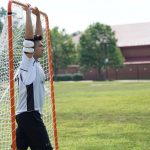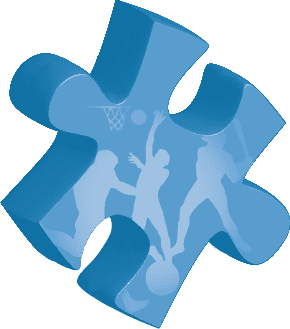The standard of perfectionism has never been higher, and the pressure to achieve continues to grow, Bo Hanson explains why we need to teach athletes from a young age to focus on effort and not just executing their performance.
In an article by the Harvard Business Review a significant trend in ‘The Rise of Perfectionism’ among college students has been reported in research conducted by the World Health Organization (WHO), which surveyed 41,641 American, Canadian, and British college students from 1989 to 2016. Findings indicated a growing trend towards perfectionism, defined as ‘unrealistically high expectations of achievement.’
It was particularly concerning to learn the WHO discovered that the societal expectations imposed on young individuals have doubled when compared with those placed on individuals by themselves and others. These compelling findings indicate that the environment our youth experience while growing up is pushing them towards unhealthy behaviors and beliefs.
As a coach, reflecting on this research and the influential figures we become in young people’s lives, it is important to recognize that our primary role is to create an environment that encourages healthy behaviors and realistic expectations for our athletes. To achieve a culture that supports growth over the pressure to achieve, it is critical to clearly define what being your best means. This can be controversial in competition, where teams are always seeking winning outcomes. But we ask, is being your best giving your best effort, or is it being flawless in your technical execution?
This article examines the source of perfectionist culture and explores strategies for coaches to ensure their programs support their athletes’ growth, within the pursuit of achieving success. We evaluate ways to provide feedback that encourages effort, instead of just focusing on short-term achievement. Additionally, we consider the role of beliefs in establishing an effective system of self-reflection, as well as intrinsic motivation and how it inherently combats the pressure of unrealistic expectation.
Giving Your Best Effort does NOT Mean a Perfect Performance
The coaches who have built the best culture talk about effort not execution, commitment not compliance, they focus on being better not being perfect.
Telling an athlete that “the effort you showed in practice today was outstanding and played a critical role in the great results you achieved for the team,” rewards and encourages a greater mindset than the complacency that comes from saying, “you played so well today, you’re such a talented player.”
In the first instance, the feedback rewards the athlete for trying hard and applying themselves, whereas the latter focuses only on the execution and doesn’t acknowledge the value of effort at all. Effort is a central component of any effective growth process.
Moments of feedback from a coach are always significant to an athlete, especially when they have made a mistake. With the growing expectations of perfectionism that our society imposes on athletes, each mistake or sub-standard performance (and these will happen) can cause them to fixate on what went wrong instead of how to recover. The resulting negative self-talk only damages their self-belief, potentially causing them to miss the next moment or play, and so begins the downward spiral which hinders any hope of recovering.
Research by the WHO also indicates that society-imposed perfectionism is most significantly associated with mental health problems such as depression and anxiety.
When an athlete makes a mistake, this is an opportunity for coaches to acknowledge the athlete’s effort and provide feedback to help channel that effort towards a corrective action. This means any instruction must focus on elements within the athlete’s control (their process), rather than on an outcome. Punishment without a clear process for improving performance will only lead to an unhealthy fear of failure, which is precisely the type of mindset we are trying to avoid. Be specific about the technical or non-technical elements that need improvement and relate it back to their competition. Every athlete makes mistakes, and the toughest competitors are those who have the mental skills to recover and learn from these errors faster than their opposition.
In conjunction with acknowledging effort, being aware of the behaviors that your athletes are already focused on improving can assist a coach in providing more relevant and encouraging feedback. These non-technical attributes ignore outcomes and focus on qualities like leadership and driving energy in the team. They are a useful resource for coaches to emphasize as an alternative to focusing on results and performance outcomes.
Growing Performance Through Mental Toughness
Most coaches are unanimous in acknowledging the need to develop qualities like resilience and accountability in their athletes, but many struggle to implement any effective strategies that attain long-term results. This is why the ATHLETE TOUGHTM Program was developed, to provide step-by-step processes for coaches and athletes to build the mental skills they require to set achievable standards and hold themselves and their teammates accountable.
Most of the psychological literature and programs available on mental toughness are written in a language that is difficult to understand, by people who are not experienced in using the strategies themselves. ATHLETE TOUGHTM is based on strategies that I used daily across my 4 Olympic cycles and attained Olympic medal success because of them. Even after my career as athlete, I have continued to use and develop these strategies in building the business I have today – Athlete Assessments.
ATHLETE TOUGHTM is designed specifically for athletes to ensure the information is relevant and useful for you. The ATHLETE TOUGHTM handbook and video series is designed with the coach and athlete in mind, to provide digestible knowledge and strategies that will teach you to stay TOUGH when facing the culture of perfectionism that we are experiencing today.
Rather than be concerned with outsider perspectives, our focus is on improving behavior as it Is something we all can control and adapt in our unique environments.
If a high level of behavior is displayed but there are flaws in the execution, this indicates an opportunity for technical skill development which we can address in practice. When issues of poor behavior are present, a far deeper problem exists.
The Impact of Beliefs
Beliefs are entrenched elements which encapsulate a unique set of values and ideas that we use to make decisions in life. Beliefs are things we consider to be absolutely certain, and although these may not necessarily be true or false, they are simply what you choose to believe about something. We can and do hold beliefs about all things, we have thousands of beliefs, but some are more significant than others. Athletes have unique beliefs about their respective sports.
This can be seen in the way an athlete considers their ability to play well or what causes them to have a good performance. An example would be them saying, ‘I performed well in practice and this made me play well in the game’, which conveys their belief that great practice means they will play well on game-day. This is both true and false, as it may work for some, but not for others. It is important for coaches to be mindful of their athletes’ beliefs and encourage those that are helpful, not hurtful, to their performance.
Believing one needs to perform perfectly to be their best is an example of a hurtful belief.
“The WHO’s research concluded that, ‘the energy behind perfectionism comes largely from a desire to avoid failure’. Wanting to avoid failure is normal and usually drives us to prepare and focus. However, if failure can only be avoided by being perfect, which makes no sense, then this unrealistic expectation will dramatically hinder performance. Often athletes become hyper-aware and over analyze their execution in the hope that this will improve performance. It never works. Again, these are all examples of beliefs athletes have which are more hurtful than helpful.”
Coaches need to take an active role in this mental landscape, where maybe they haven’t needed to before. While previous generations could develop mental skills from their environment, instead millennials are growing up in more risk-averse and heavily managed environments, enabled by parents wanting to shelter their children from negative or challenging experiences. Modern coaches are having to mentor critical life and mental skills which this generation have not learnt though exposure, non-scrutinized errors, and the nurturing of ‘too well-meaning’ parents and coaches.
This may seem harsh, but learning critical life skills like resilience, communication, leadership, teamwork, goal setting, and decision making can become a great source of intrinsic motivation. Internal motivation is far more meaningful when compared to extrinsic motivators like the media’s opinions, payment for achievement, or hierarchical promotion.
Internal motivation can be seen in things like the quality of one’s effort and energy, whether they live their team’s values, whether they perform in line with behavioral standards that make them proud and whether they experienced personal growth. The feeling and belief that we are growing is an incredible intrinsic motivator. Additionally, most athletes are more likely to grow when they feel they have the permission to make mistakes through trial and error.
When athletes succeed in trialing and improving an element of their performance or behavior, they experience a sense of fulfillment and pride in themselves that is not easily swayed by the comments or opinions of external observes like the media or even the scoreboard itself. Performing in-line with their own personal motivators energizes an athlete to double-down and give even greater effort.
A belief that I have seen work very well is that:
There are no failures, only outcomes—as long as I learn something I am succeeding.
WHERE TO FROM HERE?
Being ATHLETE TOUGHTM is defined by the actions you take when your performance matters the most. Written by Bo Hanson, this unique and proven program is designed to ensure your athletes never give up, never quit on their team, and never quit on themselves. The ATHLETE TOUGHTM Program delivers strategies on how to be mentally resilient and provides step-by-step processes to help your athletes develop the skills to become and stay mentally strong. Find out more here.
We’re here to provide you with excellence in service and to help you be your best. If there is anything we can do to be of service, don’t hesitate to contact us.
Recommended Articles
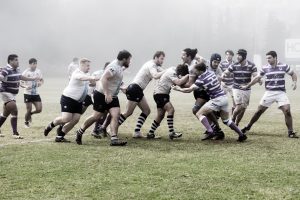
A WISE Approach to a TOUGH Challenge
It’s a unified opinion amongst coaches that the athletes of today lack resilience and aren’t as ‘tough’ as those from previous generations. This isn’t just referring to physical toughness but being mentally tough too. But we beg the question whether Gen Y and Z athletes actually know what toughness means? Do they understand the value of a mental framework that pushes you to complete every practice, perform under pressure, and get through difficult challenges? Have they been taught what these strategies are and how to rely on them when the scoreboard isn’t in their favor? Are they resilient enough to bounce back from injury? This article identifies a WISE approach to this tough challenge.

A Harvard Study on Happiness and What This Means for Athletes
A Harvard study spanning across 75 years, reveals that honest, authentic, and reliable relationships are the source of happiness, and good physical and mental health. Director of what is one of the longest running studies on adult development in the world, Robert Waldinger, recorded some 13 million views on a TED Talk where he discussed the findings. In this article we share what Athlete Assessments’ Senior Consultant and Director, and Author of ATHLETE TOUGHTM, Bo Hanson, considers these significant findings to mean for athletes, teams, and coaches.
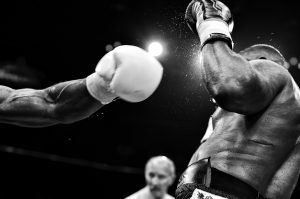
Stay Tough by Finding Your Big WHY
Mental Toughness, resilience, and grit are not naturally occurring attributes that cannot be taught, they are in fact, teachable skills that athletes and coaches can develop in sport, as well as in life.
